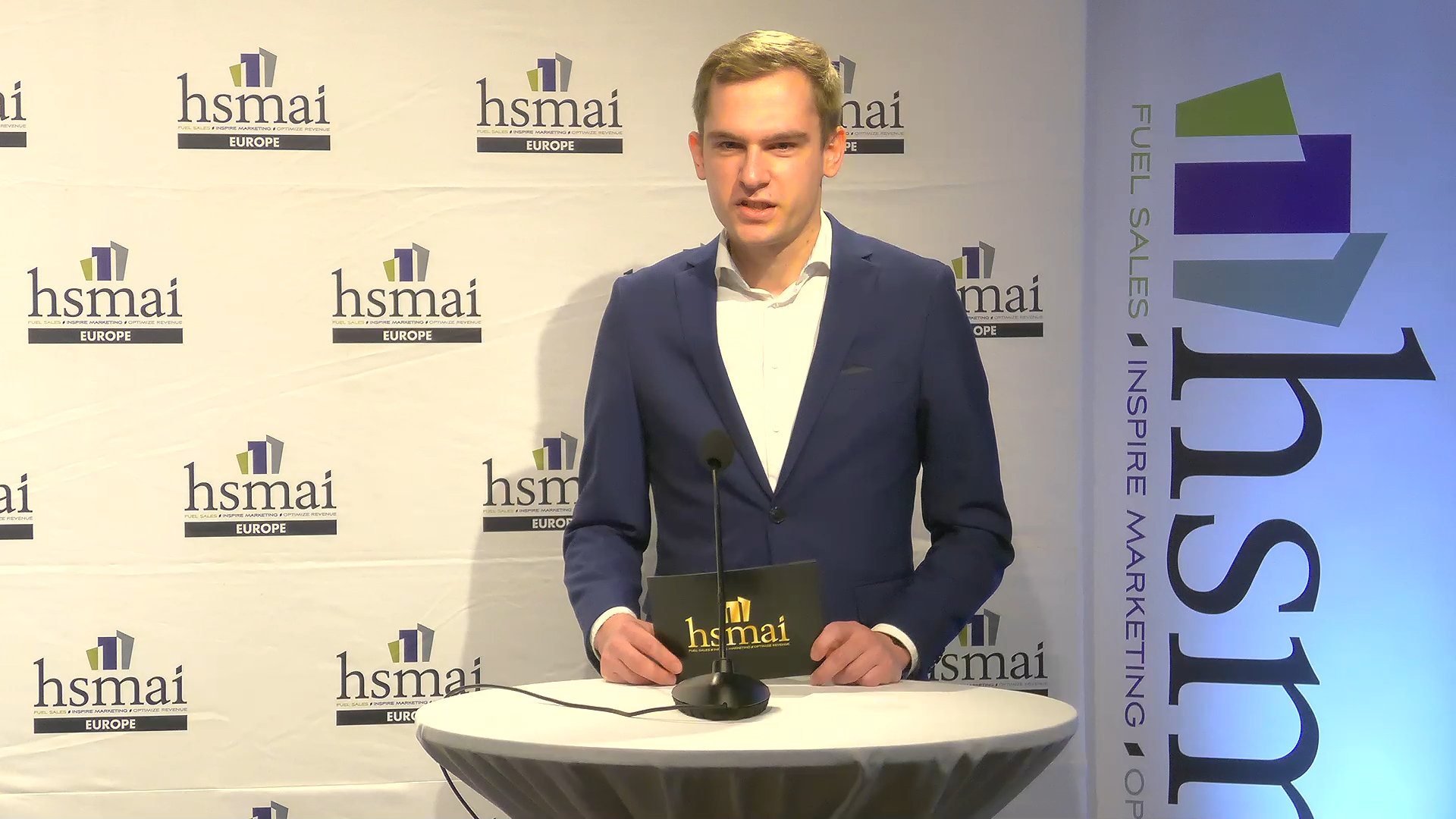Michael Nowlis – Chair of the Board of Directors, HSMAI Europe
We caught up with Michael Nowlis to get his views on sustainability.
1. Tell us about your background in tourism and sustainability?
I have a broad background in the travel and tourism industry, primarily in the hotel sector. I’ve done substantial consulting work for large global corporations; hotels, airlines, rental car companies – pretty much the full spectrum. The latter part of my career has focused on management education – much of it focused on the travel and tourism industry, at diverse schools including London Business School, Cornell University and Essec Business School in Paris.
Currently I serve as programme director at the Institute of Sustainability Leadership at Cambridge University. We offer executive education, graduate programmes and a range of learning solutions for professionals in diverse industries. The Institute also conducts a great deal of research and offers advisory services to governments, inter-governmental organisations, companies and investors. My focus is on developing sustainability leadership solutions for global organisations in different parts of the world.
Sustainability is an extremely important issue for the industry – one we can’t ignore. And, certainly, one which the Board at HSMAI Europe has adopted unanimously as a focus area for the future.
2. How would you define sustainability?
Many people think of sustainability as climate change, which is extremely important and has a conspicuous impact on our lives today. But we define sustainability in much broader terms than climate change. Biodiversity, water security, energy security, food security, waste and pollution, resource scarcity, poverty and inequality, health and well-being –these are interrelated issues that have a substantial impact on the world and certainly on the tourism industry. They require urgent attention and I consider them all within the sustainability arena.
3. Can you give us a real-world example of how sustainability is having an impact on the tourism industry?
At the macro-perspective, we should look at how is it impacting entire tourism destinations. As an example – California is the no 1 tourism destination in the US and employs more than 1.1 million people in the sector. Over the last few years, you can see the impact that climate change has been having on the State, on its citizens and, importantly, on the tourism industry.
California has recently been devasted by wild-fires, droughts and flooding. In 2020 and 2021, wildfires destroyed three million hectares of forest in California. Hotels are begging their guests to conserve water. You can look at certain areas of California such as South Lake Tahoe which was entirely evacuated last summer because of fires. And then winter rains have caused widespread flooding and power outages. You can see similar patterns in Northern Europe.
We need to take this seriously. We need to look at it from a hospitality perspective – you can go to Napa Valley and see luxury hotels that have been wiped out by these fires. In Southern and Central Europe, heatwaves, forest fires and droughts are occuring more frequently. Ski resorts in the Alps have seen low snow seasons increase significantly over recent years. These are phenomena, that are having a very real impact on the industry.
4. What actions can hotels take, whether independent or part of a global group, to adopt sustainable business practices?
Individual hotels can implement sustainable solutions and a lot of it is about very simple, common-sense measures. Environmentally friendly actions can increase cost efficiency and can make a strong public statement about the social responsibility of the business.
Reducing plastic consumption is a good example. When you consider how many plastic straws, cutlery, plastic containers, water bottles and take-out containers are used in hotels, the problem becomes clear. To replace these items with compostable, reusable alternatives can make a massive difference. Many of the problems are conspicuous and easy to address. Replacing miniature toiletries in guest rooms with locally sourced dispensers. Rethinking waste disposal by introducing recycle bins or compost bins in the food and beverage outlets. Choosing bedlinens and towels made from organic materials. Reducing energy consumption through LED lighting and smart bulbs. We’ve seen the installation of motion sensors in rooms, and the installation of solar panels on the roofs of hotels. There are many actions that individual hotels can do.
5. On an organizational level, how are hotels responding to sustainability?
At HSMAI we have been reaching out to Chief Sustainable Officers and Heads of Sustainability in many of the large hotel groups. Companies are finding the issue important enough that they are designating people with real power to stimulate and bring about change within their organisations – providing the teams and financial resources they need to make a difference.
One of our very strong supporters at HSMAI is Accor, a company that received substantial media coverage last year when they recruited Brune Poirson, as their Chief Sustainability Officer. Poirson has had a long career advocating for sustainability, most recently serving as the French Minister of Ecology. She is not the kind of person who is recruited to greenwash hotel companies. She is a professional, passionate to make real change in the environmental and green policies.
6. Some players in the hotel industry have been accused of greenwashing. How can hotels objectively demonstrate the progress they are making in implementing sustainability initiatives?
It is true that greenwashing is out there. For marketing and public relations purposes, some companies are trying to claim that they are turning this green leaf when, in reality, there isn’t a lot of meaningful change taking place.
However, one of the phenomena that has come about over the last decade or so, is certification. There are 10 or 12 serious green hotel certification programmes. One of the most well-known is LEED (Leadership in Energy and Environmental Design), an American based organization, that conducts ESG hotel certifications around the world. There are a number of others that hoteliers may be familiar with including – Green Globe, Trip Advisor Green Leaders, Green Tourism Active and the Audubon Green Lodging Program. Although the criteria for each certification is somewhat different, all are committed to making a social contribution and preserving the environment.
7. Any final thoughts on sustainability you’d like to share with us?
I like to think about it from a big picture perspective. This is a global problem. For the travel and tourism sector, it’s an industry wide issue.
Above all, we need to change our culture. The culture of an organization, the culture of an industry, or of society is ever going to change, it must begin with a single person or a single hotel. So rather than being overwhelmed, we need to keep things in perspective and understand that each of us has a role to play and that we can really make a difference. There are some very committed people in the travel and tourism industry and we have come a long way. But we still have a way to go.
For me, it all boils down to an unattributed proverb that says “We did not inherit the earth from our parents, it has been loaned to us by our children.” We have a responsibility to future generations and each of us can make a difference.
- Currently serves as Programme Director, University of Cambridge Institute for Sustainability Leadership.
- Forty-year relationship with Cornell University serving three full-time appointments (New York City, Paris, Ithaca) and numerous adjunct assignments between. Most recently served as Associate Dean at Cornell’s Samuel Curtis Johnson Graduate School of Management at Cornell University.
- Dean of the Center for Corporate and Professional Education at Stevens Institute of Technology in Hoboken, New Jersey (USA).
- Director of the Senior Executive Program at London Business School
- Corporate Director of Food and Beverage Operations for Guest Quarters Hotels (since acquired by Hilton Worldwide).
- Management positions at The Waldorf-Astoria in New York and the Hôtel Beau-Rivage in Lausanne, Switzerland.



























